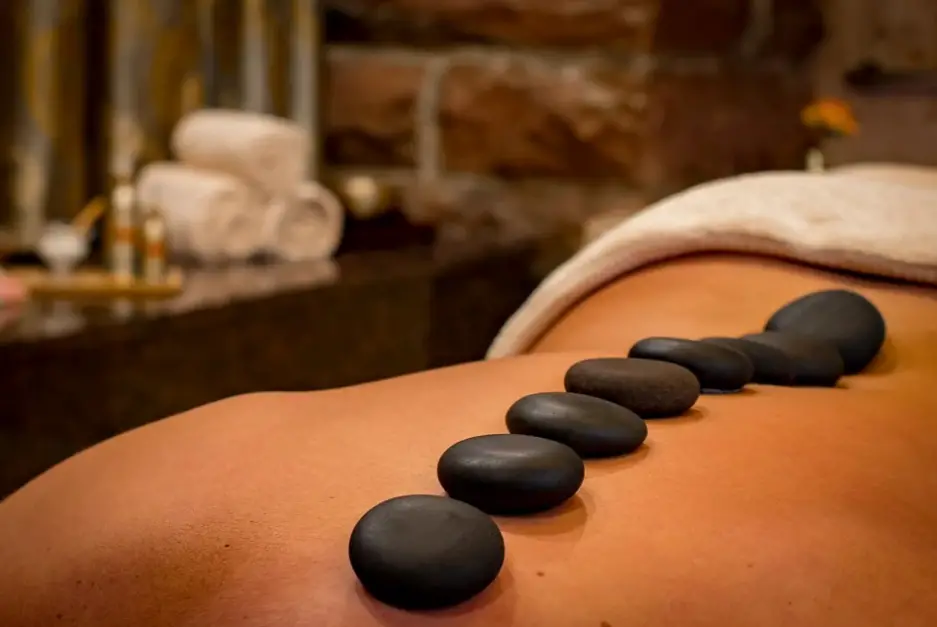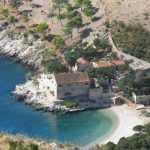
As Novac writes on the 31st of July, 2020, according to all strategies for the development of Croatian tourism’s offer, health tourism has a priority role, but this segment has also suffered a heavy blow due to the coronavirus pandemic. On the other hand, The appearance of the new coronavirus has forced us to become much more aware of the importance of health on a global scale, which could be a great advantage in the development of Croatia as a leading destination for health tourism in the future.
Marcel Medak, president of the Health Tourism Association of the Croatian Chamber of Commerce (HGK) and director of Sunčane toplice, agrees. He believes that in the future, the demand of patients for certain services, such as for the rehabilitation of chronic diseases, will fall, but he also sees this as a great chance for institutions that are ready to turn more strongly towards the health tourism market.
“I’d especially like to emphasise thallasotherapy, it uses marine natural healing factors that have a beneficial effect on the respiratory system, which is especially important in these pandemic times. This is an opportunity to use all our of potential and put a lot of hotels along the coast into the function of health tourism, which would significantly extend the existing tourist season. However, one of the key preconditions for that is the privatisation of special hospitals and health resorts, which is stated in the Action Plan for the Development of Health Tourism in the Republic of Croatia prepared by the Institute for Tourism,” Medak points out, adding that it is crucial to connect all stakeholders, and that the HGK’s Health Tourism Community should play a key role.
Terme Tuhelj Management Board Advisor Ivana Kolar believes that the Law which enables the registration of economic activity in health tourism brings great benefits with it, primarily for special hospitals and health centres that have not operated as companies and were as such not in the VAT system.
“Private entities operating on the open market and financing their business exclusively from sales activities depend on the quality of their services, communication with the market and their innovation, which motivates them to go forward with vcontinuous development and is the only long-term sustainable business model. It’s necessary to soften the borders between special hospitals, rehabilitation and wellness centres in order to get closer to European standards of health tourism and provide guests with a richer service,” said Kolar, and Medak agrees that such regulations bring about much more transparent business, simpler tax policies and a simpler employee recruitment procedure.
Krešimir Škof, deputy director of the Special Hospital for Medical Rehabilitation Stubičke Toplice, which is also registered for health tourism, emphasises that the new legislative framework is good because there is no need to establish a subsidiary, but everything is done “under the same hat”. However, he says that the registration of the activity itself means nothing if it isn’t accompanied by an adequate offer.
“If the facilities are old and of poor quality, if the service doesn’t meet the criteria of a demanding market and if there’s no evidence of quality, then there can be no progress in the market. We’ve invested in our workers, services and facilities for years – over 80 million kuna has been invested in the last ten years,” said Škof.
Another great strength of health tourism for Croatian tourism is that most of the facilities are located in the interior of Croatia and provide great potential for the development of continental tourism, and good examples of such development can be seen in Croatia’s neighbouring countries. Strengthening continental tourism capacities would bring about more balanced economic development and reduce seasonality, but the precondition for all this is a quality and well-educated workforce. All our interlocutors agree with this, so they’re paying special attention to their employees and their education.
In addition to the existing educational institutions, the Regional Centre of Competence in Tourism and Hospitality in Zabok will soon be established. The centre should contribute to the education of future staff needed in this sector, adult education and the monitoring of new technologies and trends across the rest of Europe and the world, and this is especially welcomed in the already popular Terme Tuhelj.
“Terme Tuhelj has always actively cooperated with the hospitality school in Zabok, which is the foundation of the development of the competence centre, and we’ll be very happy to involve all those who actively participate in the development of tourism in its work and activities. It’s difficult when it comes to staff working in tourism in the whole of Croatia, and Zagorje is no exception, so Terme has developed internal protocols for training, education and the further development of its employees, from the point of their employment to their entire career. There have been cases of hiring foreign staff, but in small numbers, so for now the team is managing to fill up with staff from Croatia, mostly from Zagorje and the surrounding areas,” said Horvat, and Medak thinks similarly, pointing out that in Sunčane toplice they had no problems finding workers, as well as other employers in health tourism.
“The biggest staffing problem is the chronic shortage of specialist doctors that we had in Sunčane toplice, so we imported two doctors from Bosnia and Herzegovina and Serbia,” explaind Medak, concluding that currently, the biggest challenge is the promotion of health tourism, especially through the Croatian National Tourist Board (HTZ), for which it is necessary to significantly increase funds.
For more on Croatian tourism in the coronavirus era, follow our travel page.









